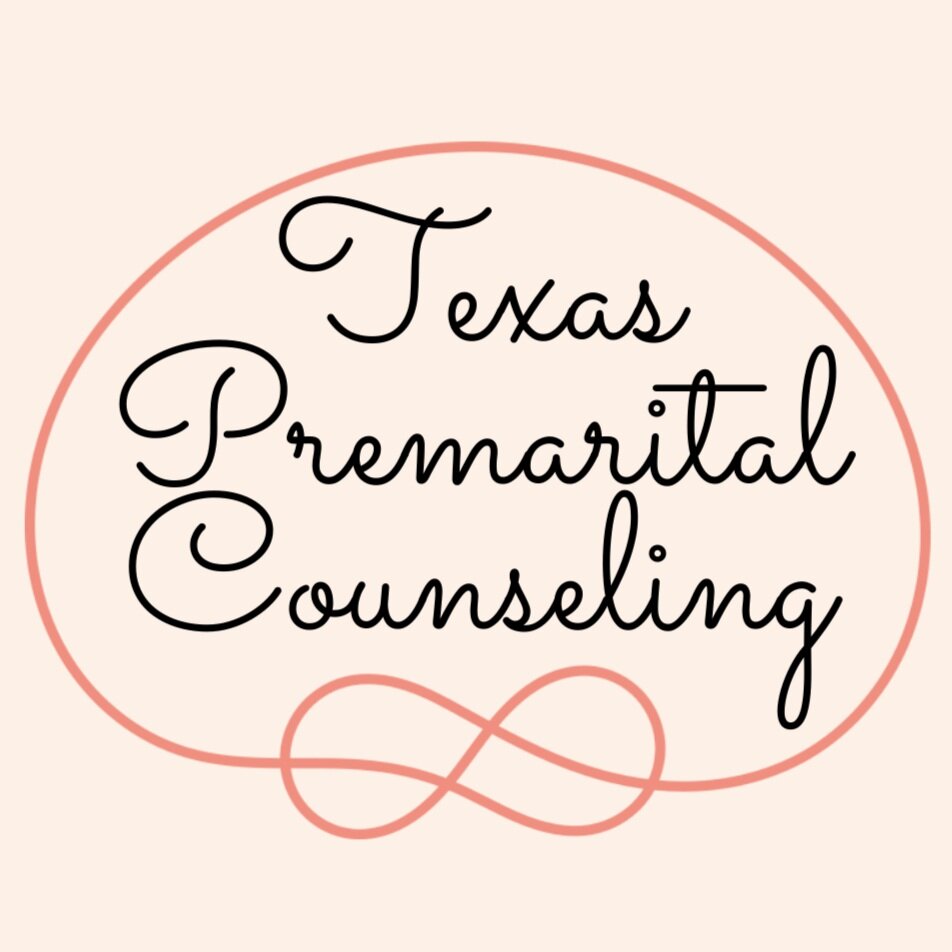Four Questions to Consider When Choosing a Premarital Counselor
Finding a premarital counselor you and your partner both feel comfortable with can be a daunting task! It’s easy to feel overwhelmed with the search process. For many couples, it’s their first time working with a counselor and they are not sure how to get started. Many counselors offer free consultations which allow clients to ask questions and make sure they know what they are signing up for. Some couples might feel like they do not know what to ask during a consultation or even where to begin looking. Here are a few factors to consider when looking for a counselor that can hopefully help you find the right fit:
What are the professionals’ credentials?
Are they licensed by a regulating board? There are many different types of licensure and titles a professional can hold- licensed professional counselor, licensed marriage and family therapist, psychologist, licensed clinical social worker… just to name a few. A professional’s training and licensure may impact their theoretical orientation, treatment planning, or choices of modalities. Some clients are looking to work with a professional who maintains a certain license or have completed an advanced training, such as certification from the Gottman Institute.
Many people are unaware that someone who calls themselves a “coach” is not required to have any training whatsoever. While, for example, a Marriage and Family Therapist who is licensed in the state of Texas is accountable to The Texas State Board of Examiners of Marriage and Family Therapists, whose mission is “to protect and promote the welfare of the people of Texas by ensuring that marriage and family therapy is provided by qualified and competent practitioners. The Board accomplishes this goal by establishing the qualifications for licensure and renewal, as well as the ethical standards for the practice of marriage and family therapy in Texas.” It is important to work with a licensed professional to ensure you are receiving evidence-based quality care and not just someone’s opinions.
This can absolutely be confusing! Please don’t hesitate to ask potential counselors to explain their credentials and how this influences their work with clients. You deserve to make an informed choice about their services.
What does the professional specialize in?
Although various licensed professionals are technically able to provide premarital counseling, only a subset have pursued advanced training specifically targeted at helping couples, such as The Gottman Institute’s clinical training. Specialization can be important because each area of mental and relational health has unique complexities that require different interventions and professional knowledge. Ethical professionals will provide clients with referrals when clients request services that are outside of the scope of their practice.
What is the professional’s personality?
One of the highest indicators of therapeutic success is rapport in the therapeutic relationship. It is essential to choose a professional both you and your partner feel comfortable working with authentically. Some considerations might include: Does the therapist have competence in any important cultural factors, such as race, religion, gender, and/or sexual orientation? Does the therapist create a welcoming environment where you can speak freely; i.e. can you curse, speak in slang, use metaphors or other references that are natural for you? Is the therapist able to professionally hold space for all relevant topics, such as vulnerability, intimacy, and life experiences? If you don’t feel like you can honestly be yourself with your therapist, you’re probably wasting your time and money.
How are sessions conducted?
Do you and your partner prefer to commute to a clinician’s office? This limits your search radius to your local area and can easily double the amount of time dedicated to appointments. Or, are you able to meet online? This opens your search state-wide. However, in order for this to be a good option you must have access to consistently strong internet and a private space.
These are some of the important questions couples may not know to ask potential premarital counselors. They can help couples make a more informed choice and maximize their investment in premarital counseling. Knowledge is power, so understanding more about the professional you will potentially work with can help you become an empowered client.
